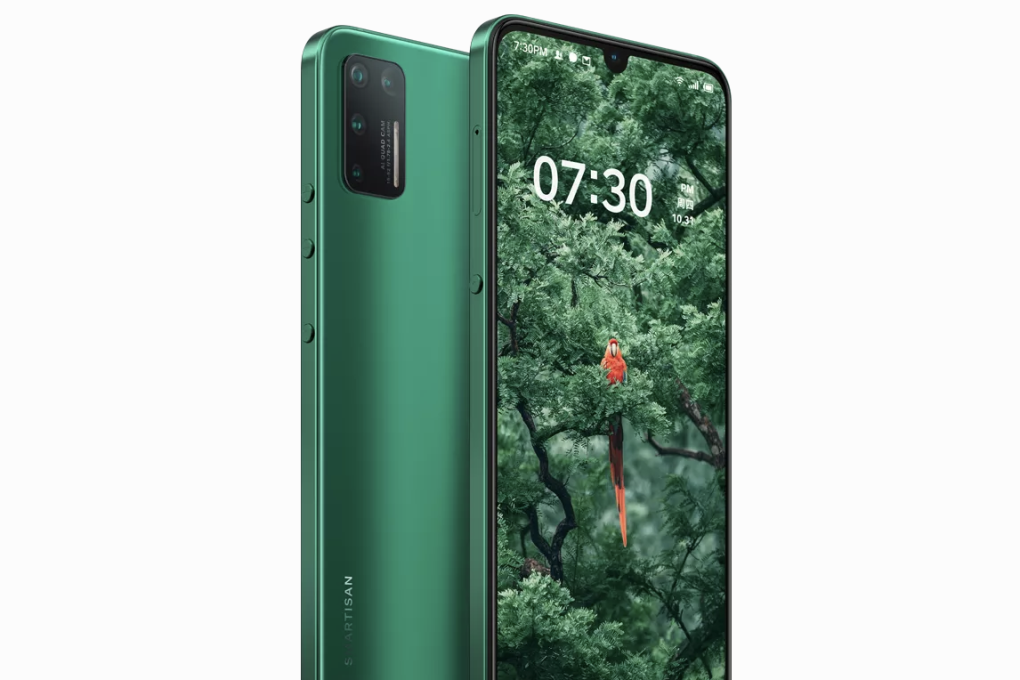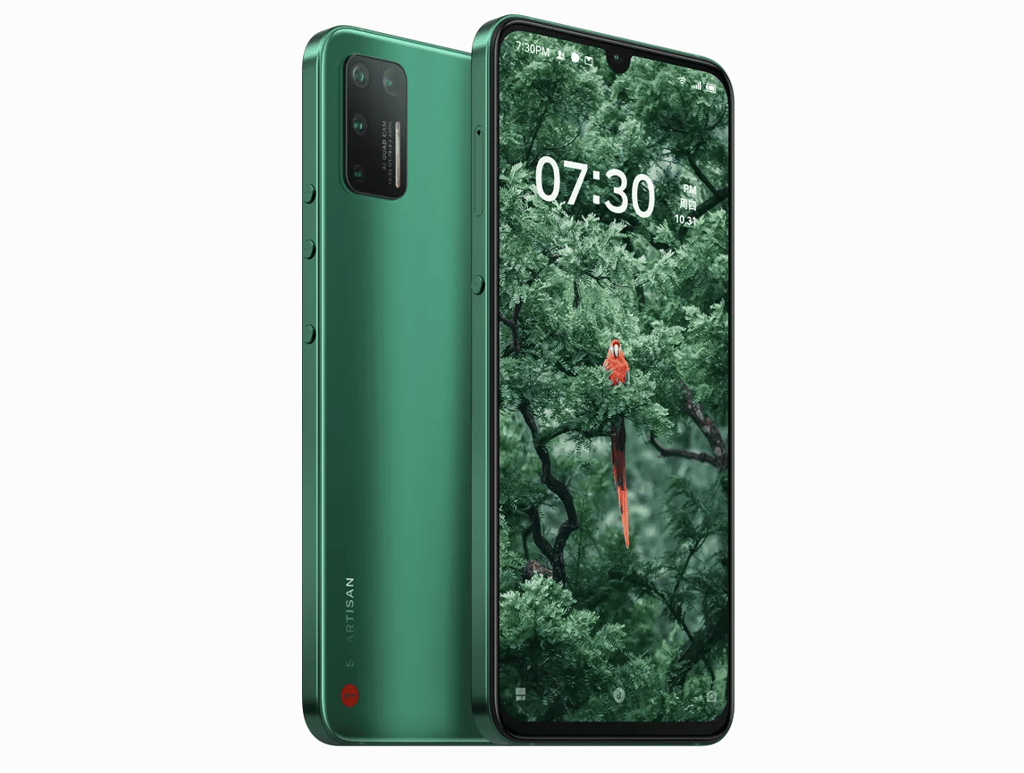Advertisement
Why is TikTok owner ByteDance making phones?
Software companies have tried and failed to sell handsets, but the Chinese giant might have bigger plans
Reading Time:3 minutes
Why you can trust SCMP

This article originally appeared on ABACUS
From the HTC Facebook phone to the Amazon Fire Phone, software companies -- perhaps with the exception of Google -- have tried and failed to crack the smartphone market. But this dismal track record isn’t stopping ByteDance from trying.
China’s viral king ByteDance is the first major Chinese tech player that made a mark on the world
The TikTok owner just put out its first smartphone in China, following a deal that saw the social giant acquire patents and staffers from struggling phone maker Smartisan.
It’s a tough time to launch a new phone, especially from a brand like Smartisan, which doesn’t have a massive fan base to begin with. For smartphone companies, the Chinese market is notoriously cutthroat. The top five players make up more than 90% of the market, leaving smaller manufacturers scrambling to survive. That tough competition has already resulted in plenty of casualties.
TikTok, the viral short video sensation, has its roots in China
ByteDance, though, seems to have spare cash to make a bold bet. The company received US$1.3 billion in its latest fundraising round. This year, it also snapped up AI music startup Jukedeck.
Advertisement

Making its own phone could be one (expensive) way for ByteDance to create a testing ground for its own apps. The new Smartisan phone has shortcuts to bring up Douyin, the Chinese version of TikTok, and lets you apply TikTok filters and effects on videos.
Advertisement
A TikTok makeover, though, won’t necessarily endear users to the new phone. As past experiences have shown, attempts to change how users interact with their phones can be risky.
One of the biggest selling points of the HTC Facebook phone was Facebook Home, an Android skin that showed Facebook pictures and status updates on the home and lock screen.
Advertisement
Select Voice
Choose your listening speed
Get through articles 2x faster
1.25x
250 WPM
Slow
Average
Fast
1.25x